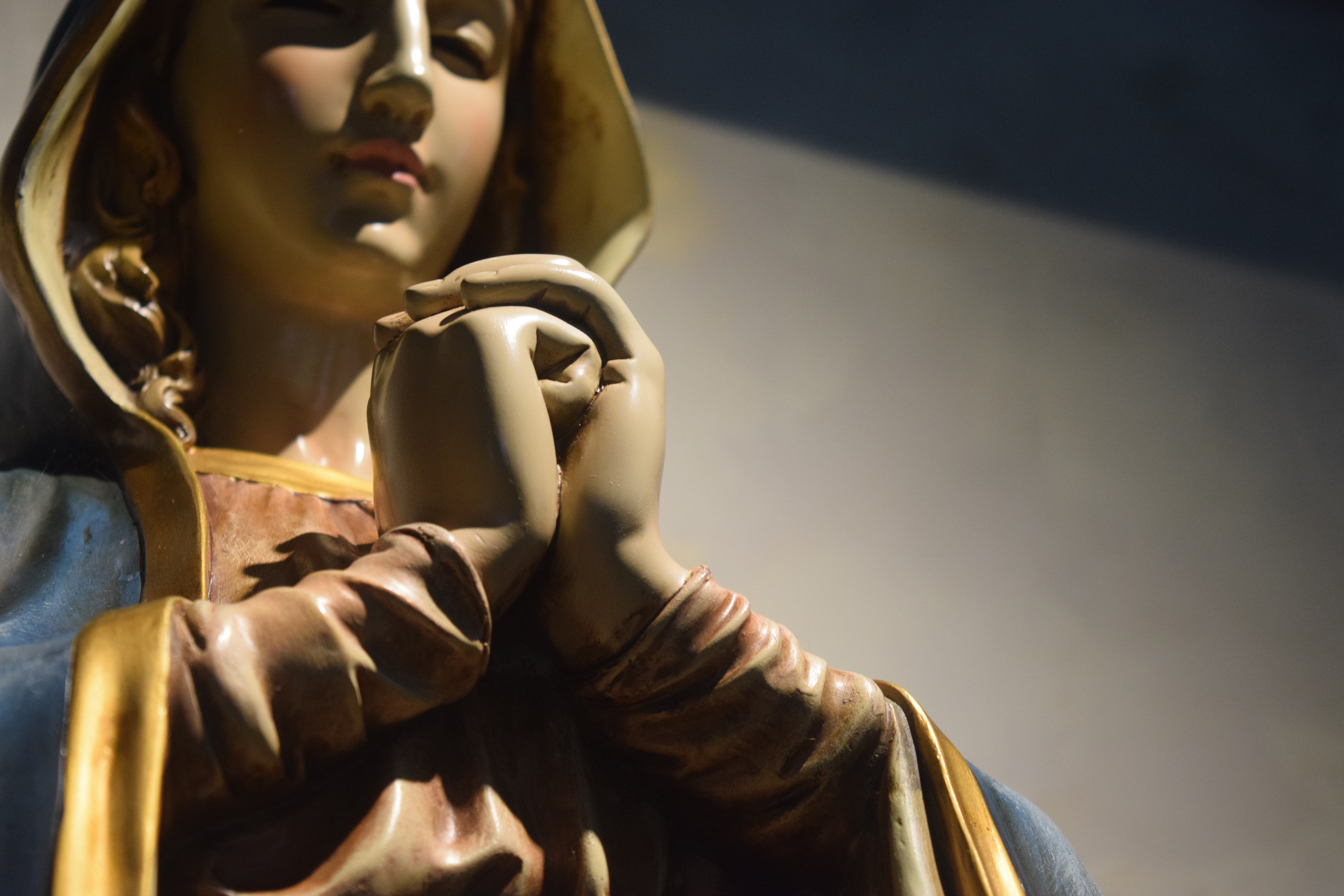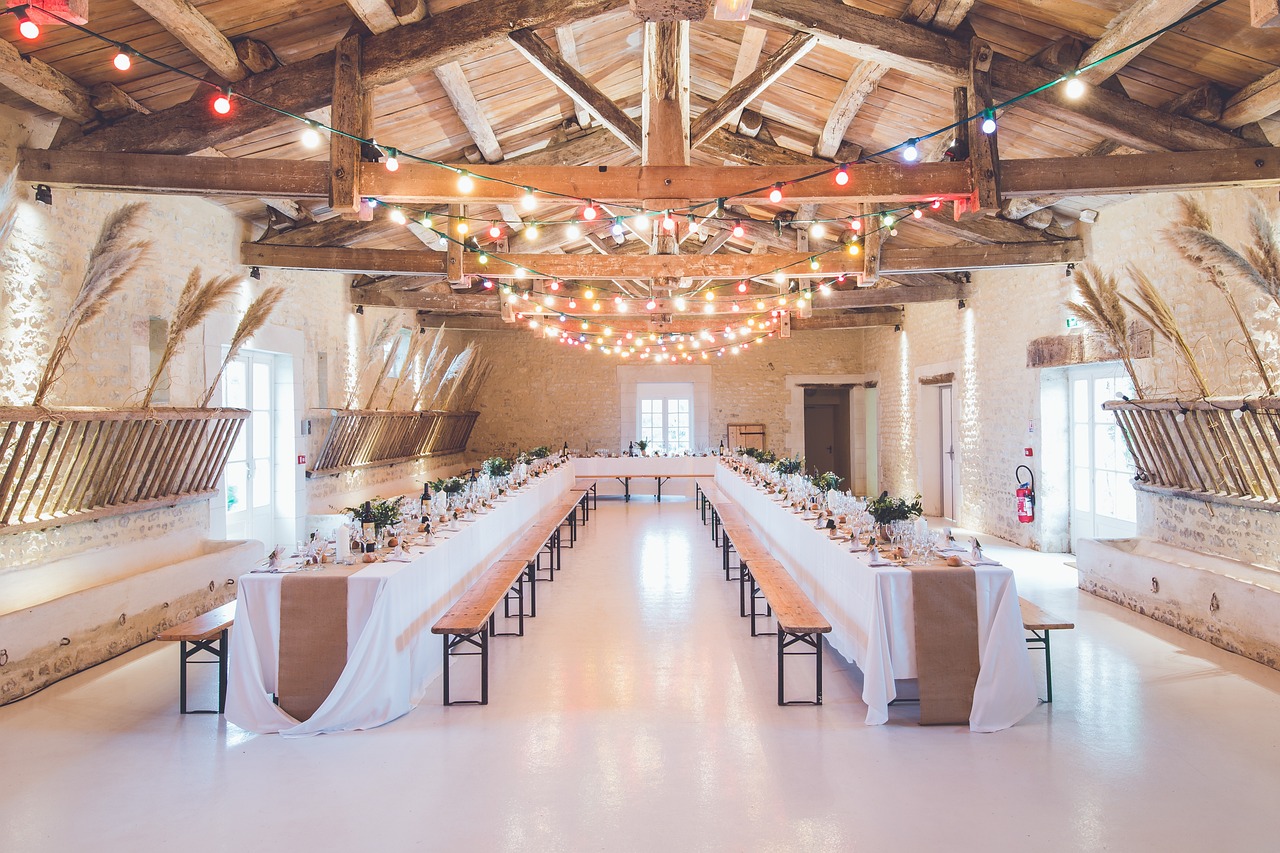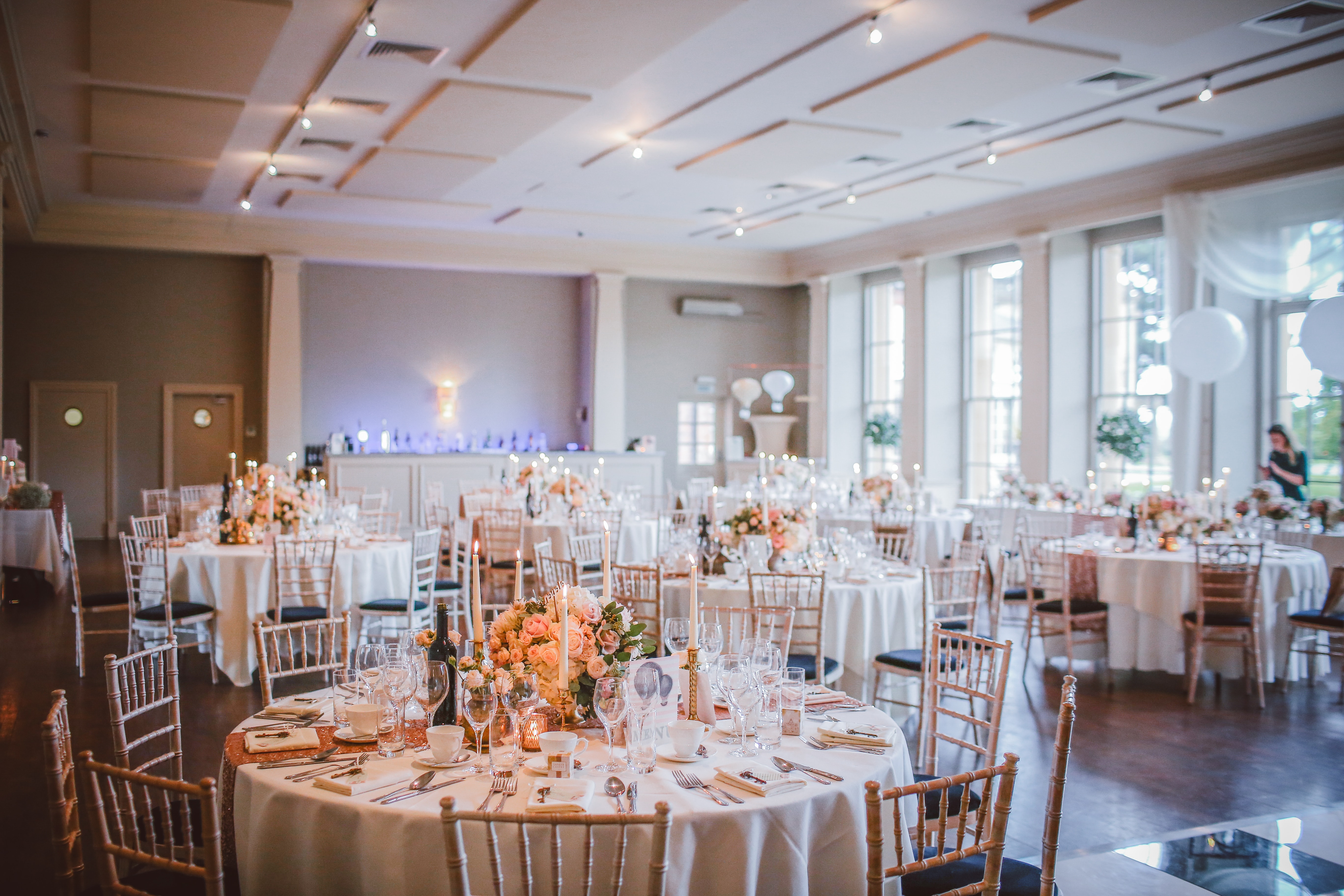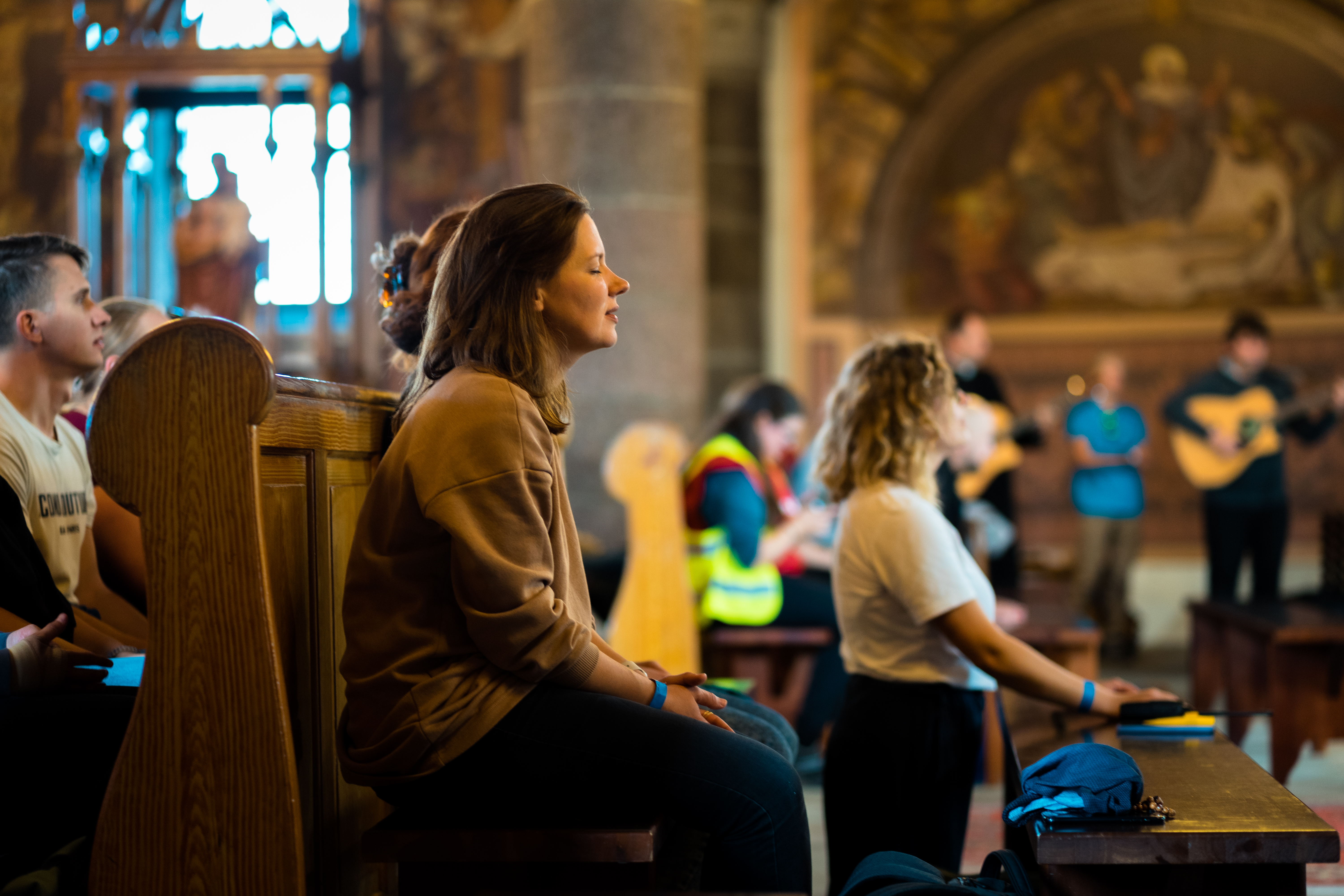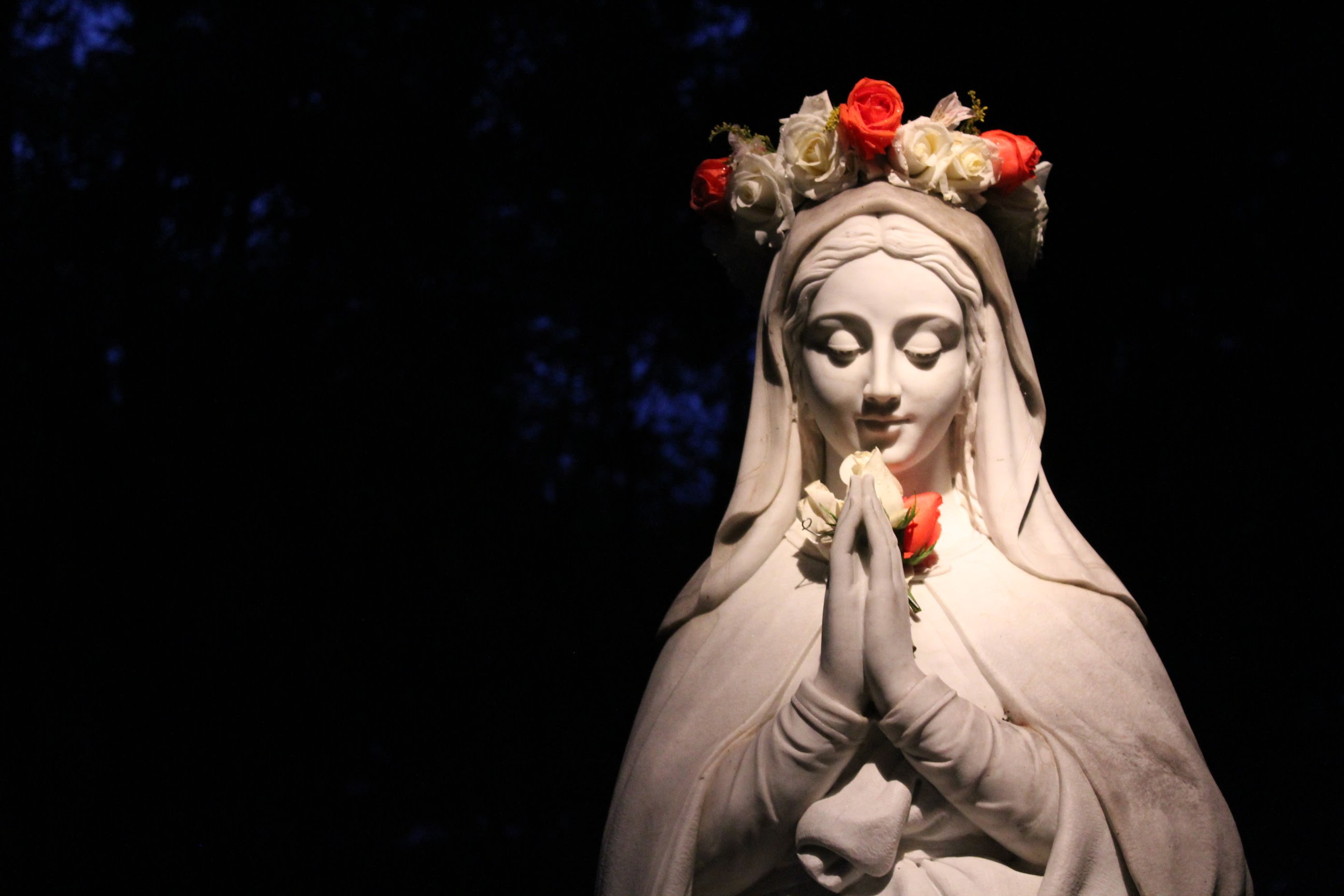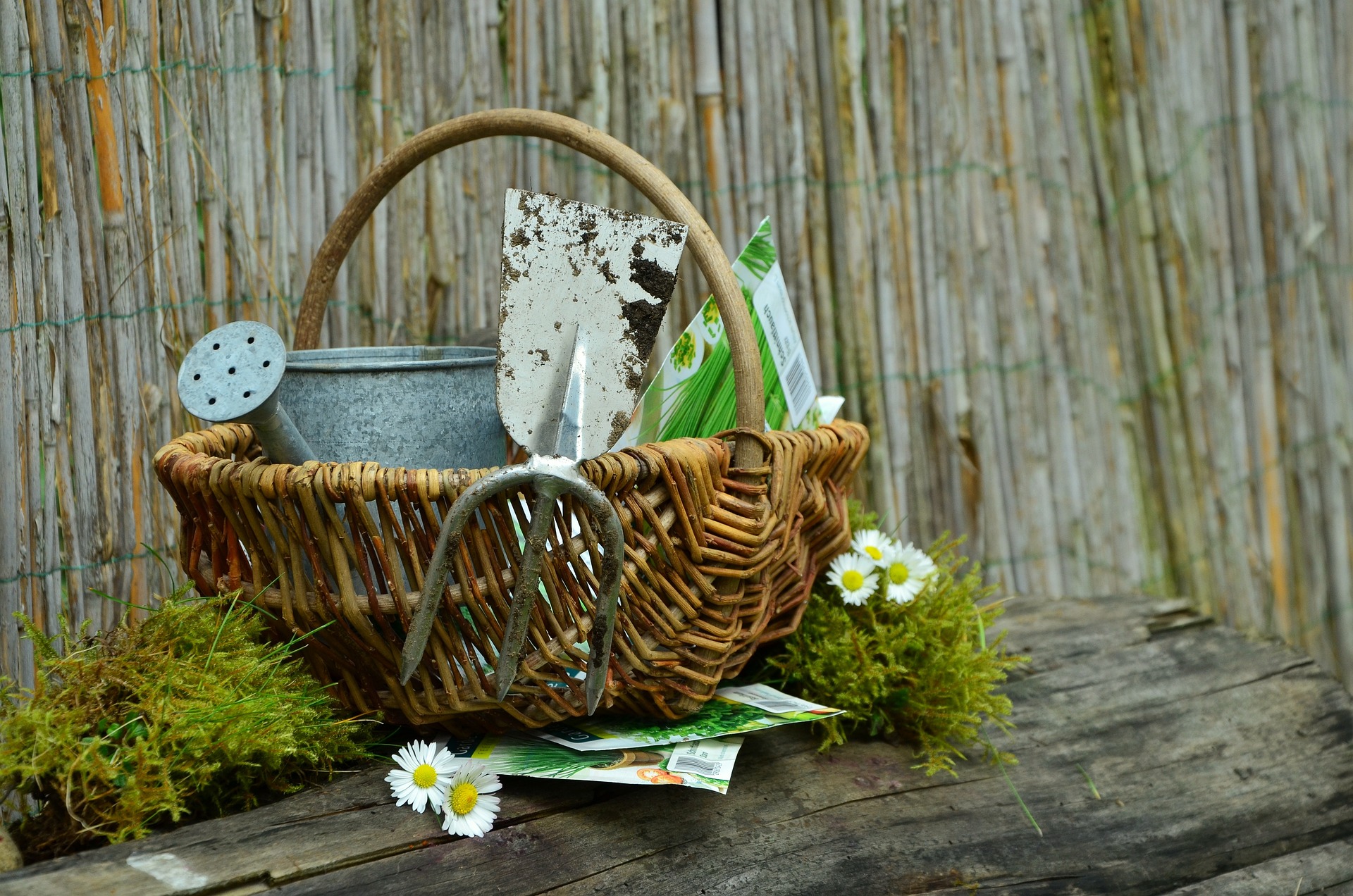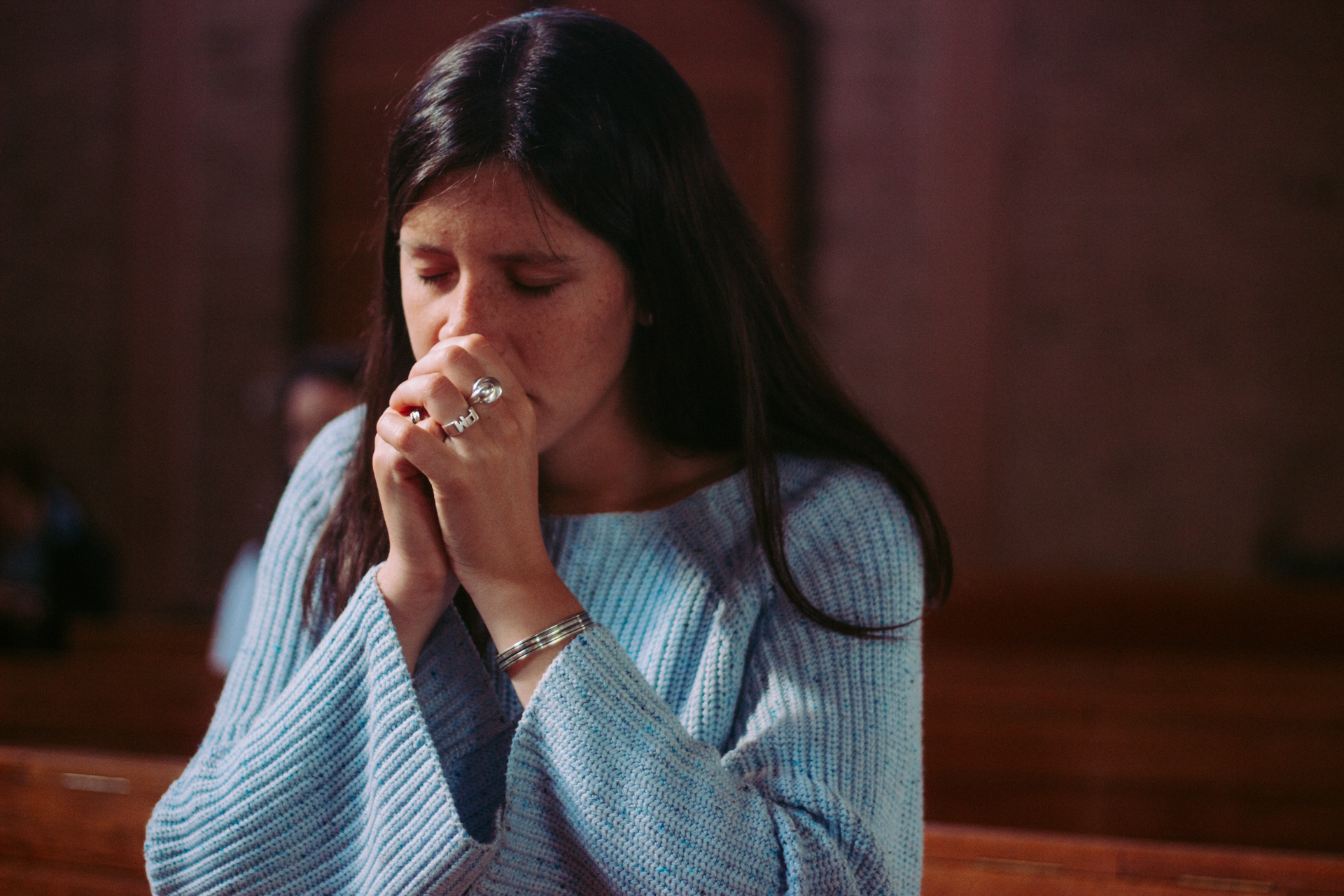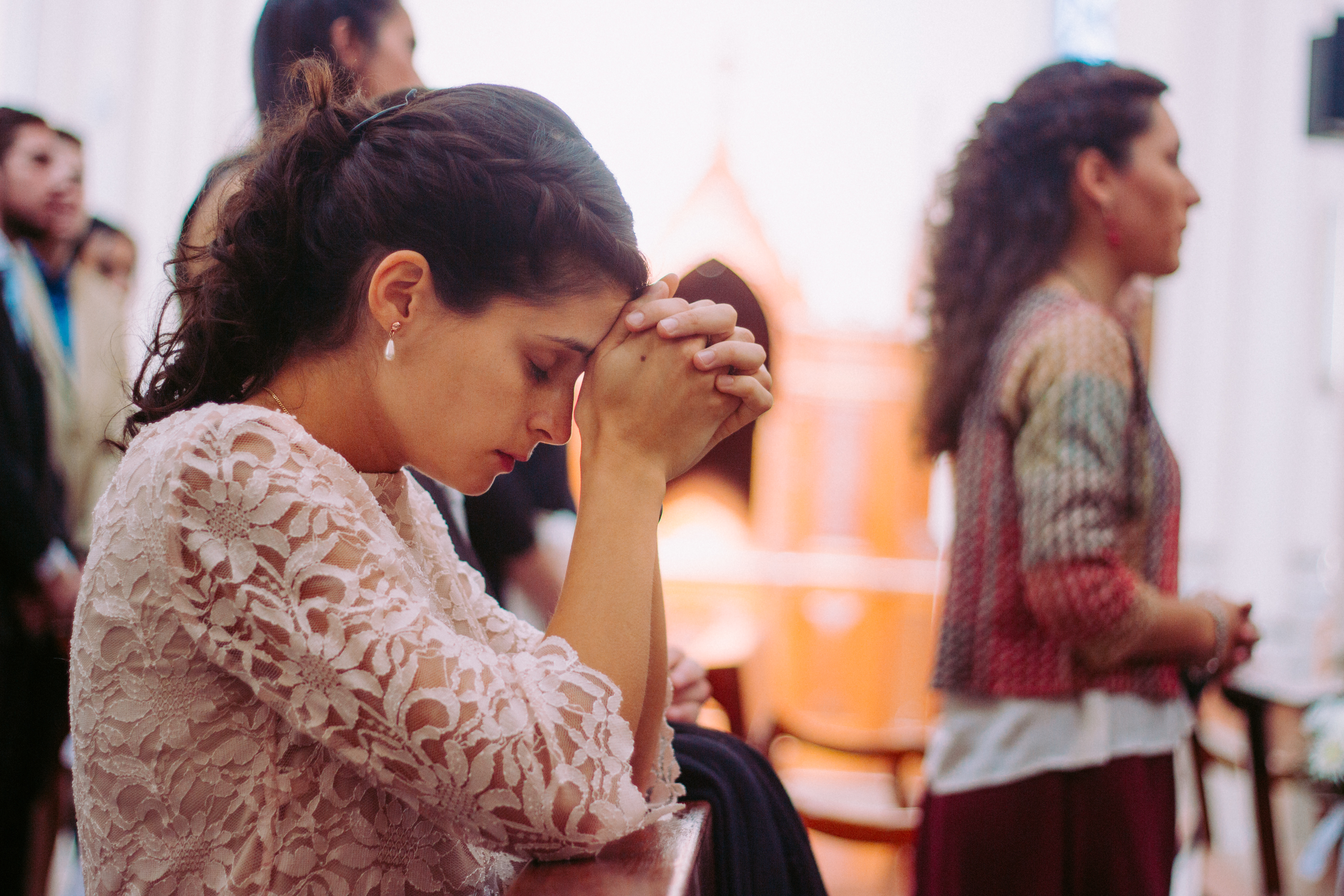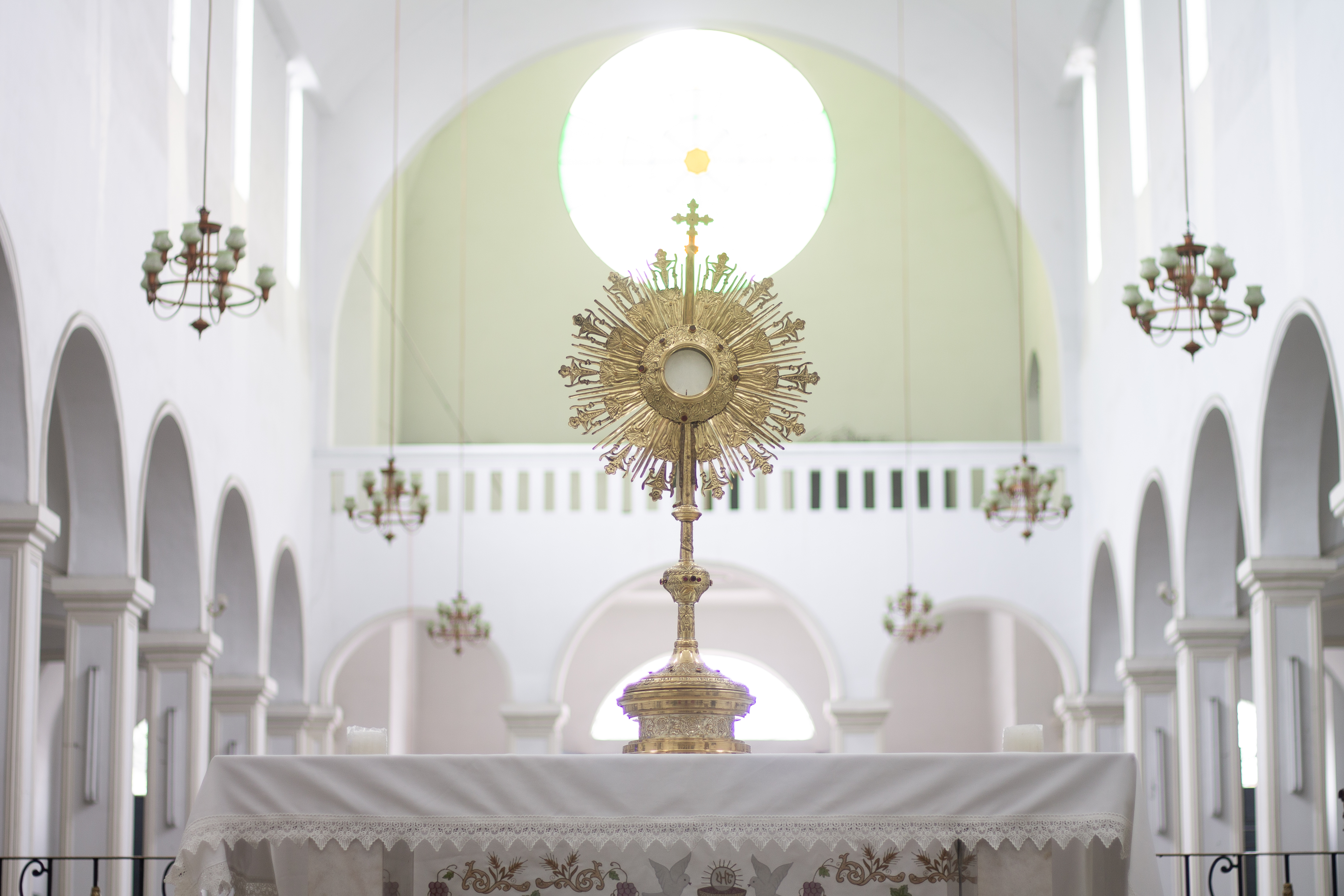Mary said: “My soul proclaims the greatness of the Lord; my spirit rejoices in God, my savior.”
Mary’s “Fiat”, her magnificent “YES” to God, and her glorious Song of Praise provide a greater understanding of how we should respond to the grace God bestows upon us. Mary demonstrates how we are called to magnify God’s glory in our own life. The “Magnificat”, taken from the first word in the Latin translation, is also known as the Canticle of Mary—the hymn of the Virgin Mary, parallels the Song of Hannah from the Old Testament, another mother willing to surrender her beloved son to the perfect will of God.
Mary’s soul magnifies, augments, elevates, and brings into sharper focus the grandeur of God. Have you ever peered at an object through a magnifying glass, awed as even the minutest details enlarge and amaze? Mary’s model of faith, her profound yes, amplifies, illustrates, and clarifies the promises and hope we find in the God who adores us. Mary’s Song magnifies God; in fact, her entire life showed the glory of God in how she listened, praised, and responded to God’s movement. Do our lives do the same?
Mary needed a savior, and Jesus, our Savior, is hers as well since she was given “preventative redemption”, meaning that the grace she received at her conception was in anticipation of Christ’s sacrifice on the Cross. How is this possible? Our unfathomable God is not bound by time. He is outside the human straits of the here and now; and can use things in time whenever and however he chooses. Her Immaculate Conception, celebrated on December 8th, marks that incredible moment God bestowed upon Mary and her conception, this singular grace. Only she is blessed among women to have received the grace won through the salvific work of the Cross; before Jesus’ birth, suffering, death, and resurrection. The Almighty has indeed done great things through His Son, Jesus, for Mary and for us as well.
Despite the misconception, Mary is not the one worshiped or magnified in the words of this beautiful prayer. She is the lowly, the hungry, the servant, and the handmaid of the Lord in need of a savior. Mary’s life reflects Jesus, the Saving Light, in the same way the moon is illuminated by the sun’s light. She recognizes God’s blessings and mercy and, in humble delight, cannot contain herself from praising the One, True God. Mary is not confused by her role in salvation history: a soul surrendered to reveal the greatness of our God.
Do I likewise live in humble obedience to the perfect will of God? Do my words and actions bring into closer focus the glory of God and His abundant grace to all who encounter me? Is my soul an expansion of His unfailing love in the world? What words of song and praise spring from your lips in contemplation of all the good God has bestowed upon you?
María dijo: “Mi alma glorifica al Señor y mi espíritu se llena de júbilo en Dios, mi salvador.”
El “Fiat” de María, su magnífico “SÍ” a Dios y su glorioso Canto de Alabanza nos permiten comprender mejor cómo debemos responder a la gracia que Dios nos concede. María demuestra cómo estamos llamados a magnificar la gloria de Dios en nuestra propia vida. El “Magnificat”, tomado de la primera palabra de la traducción latina, también se conoce como el Cántico de María: el himno de la Virgen María, paralelo al Cántico de Ana del Antiguo Testamento, otra madre dispuesta a entregar a su amado hijo a la perfecta voluntad de Dios.
El alma de María glorifica, aumenta, eleva y pone de relieve la grandeza de Dios. ¿Alguna vez ha mirado un objeto a través de una lupa, asombrado cuando incluso los detalles más pequeños se agrandan y asombran? El modelo de fe de María, su sí profundo, amplifica, ilustra y aclara las promesas y la esperanza que encontramos en el Dios que nos adora. El Cántico de María glorifica a Dios; de hecho, toda su vida mostró la gloria de Dios en la forma en que escuchó, alabó y respondió al movimiento de Dios. ¿Nuestras vidas hacen lo mismo?
María necesitaba un salvador, y Jesús, nuestro Salvador, es el suyo también, ya que se le concedió la “redención preventiva”, es decir, la gracia que recibió en su concepción fue en anticipación del sacrificio de Cristo en la Cruz. ¿Cómo es posible? Nuestro Dios insondable no está sujeto al tiempo. Está fuera de los límites humanos del aquí y ahora; y puede utilizar las cosas en el tiempo cuando y como quiera. Su Inmaculada Concepción, celebrada el 8 de diciembre, marca ese momento increíble que Dios concedió a María y su concepción, esta singular gracia. Sólo ella es bendita entre las mujeres por haber recibido la gracia ganada por la obra salvífica de la Cruz; antes del nacimiento, sufrimiento, muerte y resurrección de Jesús. En verdad, el Todopoderoso ha hecho grandes cosas por medio de su Hijo, Jesús, por María y también por nosotros.
A pesar del malentendido, María no es la que adoramos y glorificamos en las palabras de esta hermosa oración. Ella es la humilde, la hambrienta, la sirvienta y la sierva del Señor, necesitada de un salvador. La vida de María refleja a Jesús, la Luz Salvadora, de la misma forma que la luna se ilumina por la luz del sol. Ella reconoce las bendiciones y la misericordia de Dios y, con humilde deleite, no puede contenerse de alabar al Dios Único y Verdadero. María no se confunde con su papel en la historia de la salvación: un alma entregada para revelar la grandeza de nuestro Dios.
¿Vivo yo también en humilde obediencia a la perfecta voluntad de Dios? ¿Mis palabras y acciones ayudan a todos los que se encuentran conmigo a enfocarse en la gloria de Dios y Su abundante gracia? ¿Mi alma es una expansión de Su amor inagotable en el mundo? ¿Cuales palabras de canto y alabanza brotan de tus labios al contemplar todo el bien que Dios te ha concedido?
 Allison Gingras ( www.ReconciledToYou.com ) — Shares her love of the Catholic Faith with stories, laughter, and honesty as experienced in the ordinary of life! Her writing includes Encountering Signs of Faith (Ave Maria Press) and the Stay Connected Journals for Women (OSV). Allison is a Catholic Digital Media Specialist for Family Rosary, Catholic Mom, and the Fall River Diocese. She hosts A Seeking Heart podcast and is co-host of the Catholic Momcast podcast.
Allison Gingras ( www.ReconciledToYou.com ) — Shares her love of the Catholic Faith with stories, laughter, and honesty as experienced in the ordinary of life! Her writing includes Encountering Signs of Faith (Ave Maria Press) and the Stay Connected Journals for Women (OSV). Allison is a Catholic Digital Media Specialist for Family Rosary, Catholic Mom, and the Fall River Diocese. She hosts A Seeking Heart podcast and is co-host of the Catholic Momcast podcast.Feature Image Credit: Sophia Bauer, cathopic.com/photo/15938-marian-statue
The views and opinions expressed in the Inspiration Daily blog are solely those of the original authors and contributors. These views and opinions do not necessarily represent those of Diocesan, the Diocesan staff, or other contributors to this blog.
